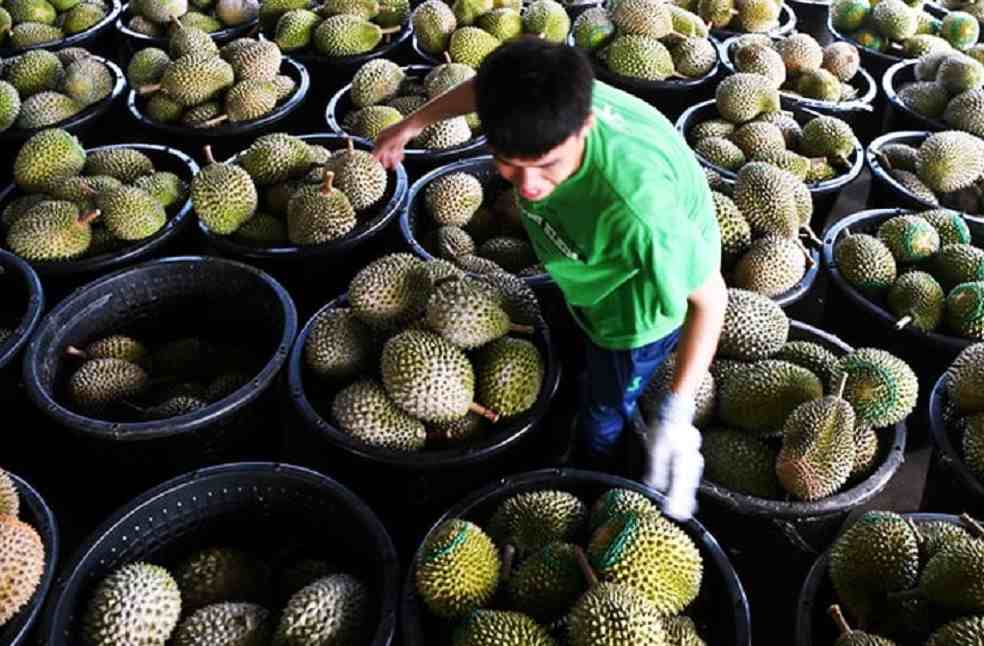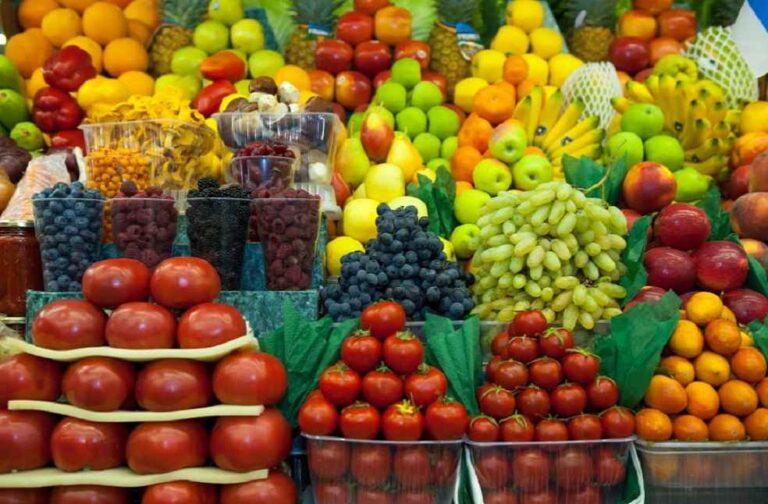Uzbekistan recently implemented stringent price controls on fruits and vegetables destined for export, establishing a government-mandated minimum price below which sales are prohibited. This regulation applies regardless of produce quality, variety, or other distinguishing characteristics.
Historically, such regulatory measures have had adverse effects, especially on small-scale producers and exporters, by limiting their market opportunities. This policy not only jeopardizes agricultural investment but also risks diminishing Uzbekistan’s attractiveness as a reliable trading partner, casting doubts on the stability of long-term contractual relationships with major importers.

Critics contend that the direct imposition of price controls will likely fail to boost tax revenue or manage currency fluctuations effectively. While larger corporations might navigate these restrictions using sophisticated financial strategies, the broader impact could shrink the tax base, further complicating Uzbekistan’s economic difficulties.
This policy shift follows several challenges within Uzbekistan’s horticultural sector. The country has gradually reduced exports of greenhouse vegetables, which were once a robust category for agricultural exports. Despite favorable conditions created by Russian import restrictions on similar products from various countries, Uzbekistan’s export figures have remained flat.
Recent statistics indicate a 10% reduction in export earnings for 2023, totaling $777 million. Concerns about the accuracy of these figures persist, as there are allegations of official reports inflating statistics by counting dry legumes as part of fruit and vegetable exports, thus misrepresenting the industry’s actual condition.

Over the last five years, export values have oscillated between $700 million and $900 million, with a noticeable decline in the market share of fresh produce. Simultaneously, the proportion of dried fruits within the export mix has increased, but global demand and prices for these products are trending downward, adding complexity to Uzbekistan’s export strategy.
As this policy unfolds, its potential to trigger significant economic consequences for one of Central Asia’s key agricultural producers is clear, drawing close scrutiny from the international trading community.
IMEX SECTOR | Ukraine Hits Record Grain Exports, Boosts Global Food Security Amid War



